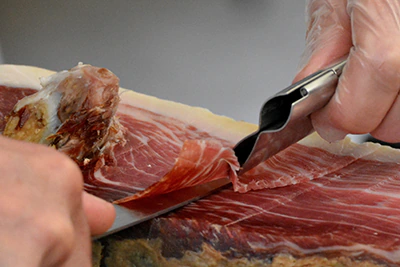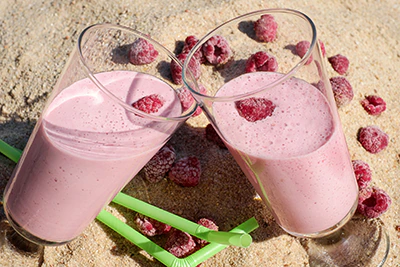| Essence |
Potassium Malate or E351 is a Potassium Salt of Malic Acid in food primarily used as an acidity regulator and a buffering agent which presents itself as a white crystalline powder that has a slightly acidic taste but no smell. Two different Potassium Malates are possible: 1) Dipotassium Malate or E351(i) and 2) Monopotassium Malate or E351(ii). |
| Names |
Potassium hydrogen malate, Potassium acid malate, 2-Hydroxybutanedioic acid potassium salt, Potassium DL-malate, CAS 585-09-1, Potassium Hydroxybutanedioate, E351, Potassium Malate, and others. |
| Sourcing |
Malic Acid (E296) which is a substance naturally found in typically fruits and berries but also vegetables (like broccoli, spinach, cabbage, and others). |
| Manufacturing |
The sourcing ingredient in a solution is mixed with Potassium Hydroxide. This is typically done at a temperature of 50 to 70°C and pH levels of 7 to 8 to maximize the Potassium Malate formed. Finally, the additive undergoes filtration, drying, and purification. |
| Application |
Acidity regulator, flavor enhancer, texture modifier, pH stabilizer, and preservative. It is highly water-soluble. |
| Acceptable Daily Intake |
None determined. |
| Side Effects |
In very high amounts, gastrointestinal discomfort is not impossible. Additionally, it can contribute to Potassium levels in our bodies, hence, in theory, it can lead to complications due to that (only if consumed in huge amounts). In reality, that’s not very possible, however. |
| Benefits |
Once the additive enters our body, Potassium becomes available for absorption. Potassium is an essential mineral which in adequate amounts can lead to benefits like better energy levels, bone health, heart health, nerve health, muscle health, improved blood pressure levels, electrolyte balance, kidney function, and more. |
| Studies |
Less than 15 studies on Pubmed. No studies on safety. |
| Allergens |
None. |
| Diet Restrictions |
It depends. It can be but it can also not be Vegan, Vegetarian, Halal, or Kosher. |
| Health Knight Assessment |
Probably Harmless. | Hence, it’s a Category 2 Additive. |
| Products |
Potassium Malate can be used in processed foods like ham, instant noodles, and soft drinks. In theory, it can also be found in juices, fruit-based drinks, cookies, dressings, sauces, pastries, canned fruits, canned vegetables, gummies, candy, sweets, jellies, jams, yogurts, ice creams, and more. |



